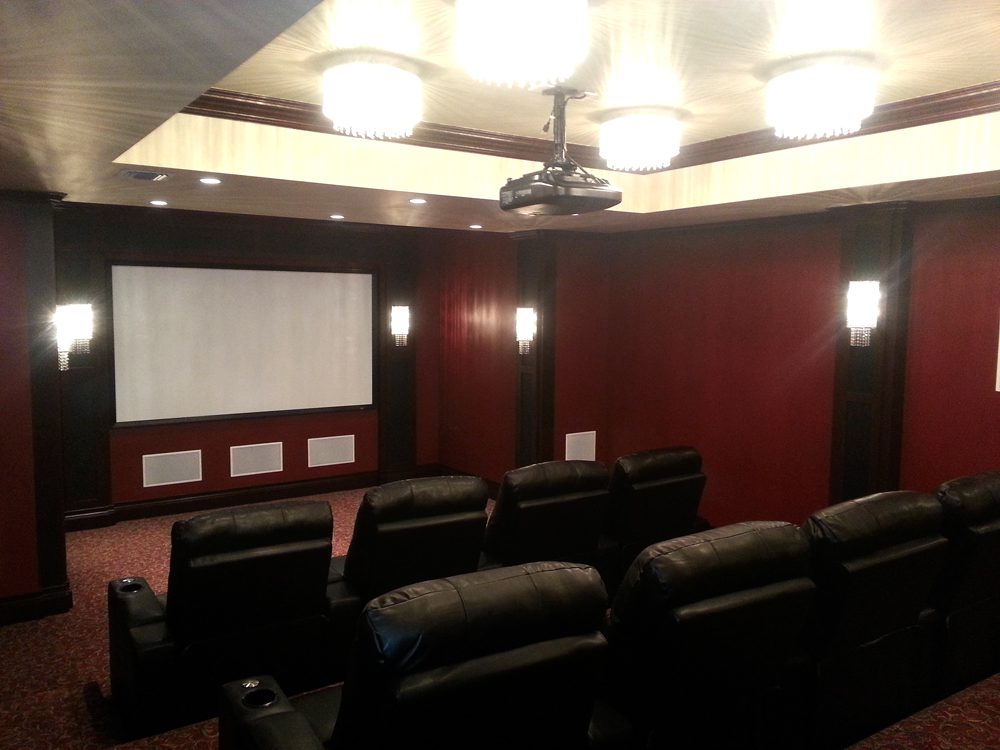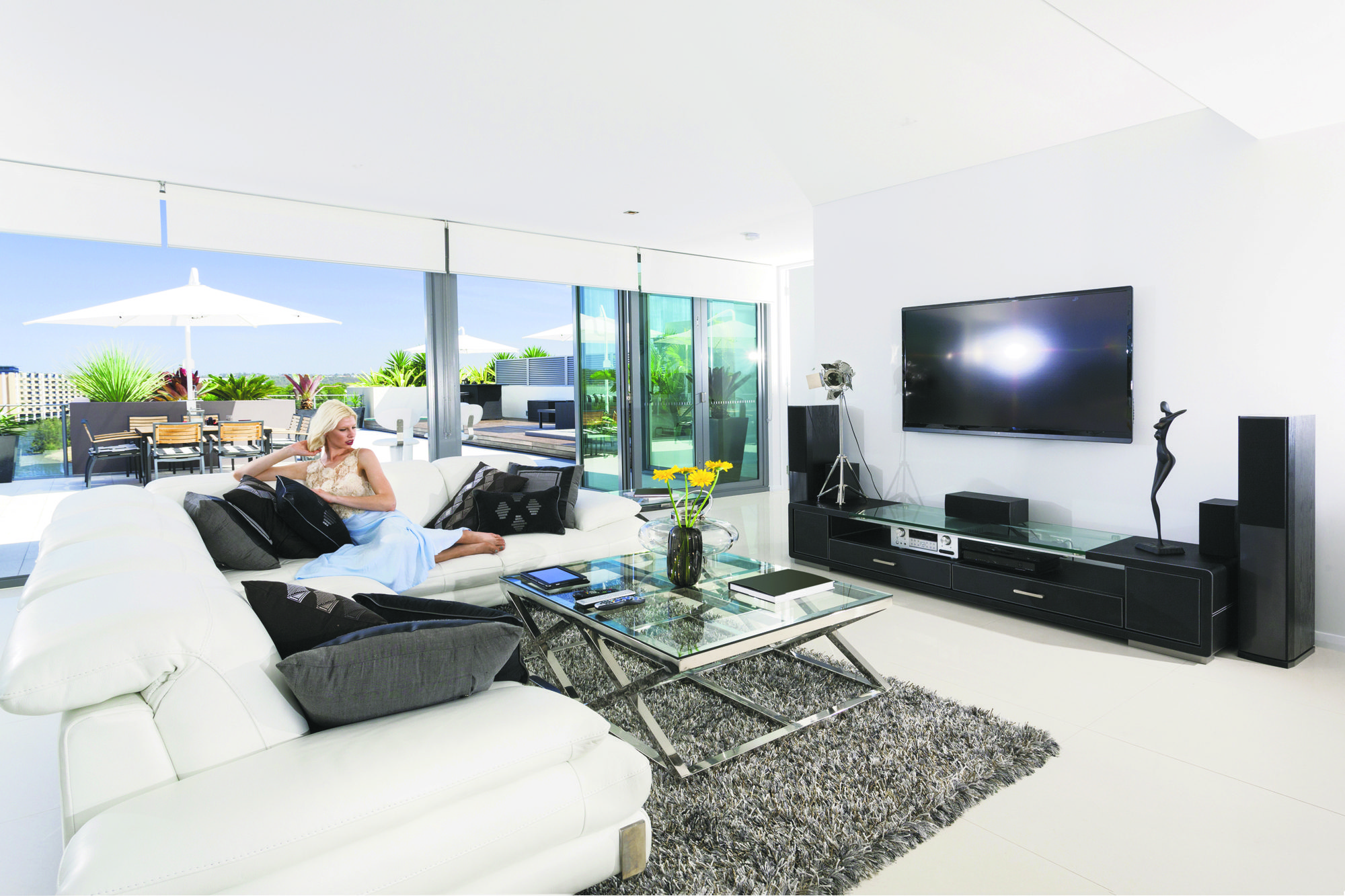Jose Kinney Blog Automation firms on Long Island battle over in-home control Read full article here. Verizon rolled out a “home monitoring and control”...
Would a Home Theatre Increase the Value of My Home?
By TIM McKEOUGH
Q. Would a dedicated home theater increase the value of my home?
A. “Absolutely,” said Karen Benvenuto, an associate real estate broker with Brown Harris Stevens in East Hampton, N.Y. “We are seeing a lot of new construction that includes home theaters as a feature, because that’s what the public is looking for.”
This is part of the larger trend of putting various sorts of high-end spaces in finished basements. “It’s no longer just a basement,” Ms. Benvenuto said. “Sometimes you’ll see a wine room, a gym or a spa.”
And as books are increasingly read on iPads and Kindles, she added, “people don’t need the library anymore as much as they might need the movie theater.”
But not all home theaters are created equal. The better the design and components of your theater, the more likely it will increase the value of your home.
Theo Kalomirakis, a veteran home-theater designer with clients like Eddie Murphy and Kelsey Grammer, has seen firsthand how these spaces can increase home sale prices. When Mr. Kalomirakis sold his own home-theater-equipped Brooklyn apartment six years ago, “everything in the building was selling for $600 a square foot,” he said. “Because of the theater, I sold my apartment for $850 a square foot.”
The good news, he said, is that “you don’t need to have a big space or a big budget.” Mr. Kalomirakis recently installed a 200-square-foot theater in his new apartment.
But you do need a room that’s at least 10 by 16 feet. “You have to have room for two rows of seats,” he said. “Without that, you won’t accommodate all your friends and relatives.”
Acoustics are another concern. If the theater is in an apartment, you’ll need to create what he calls “room isolation”: essentially a wall within a wall that keeps the sound out of neighboring apartments. And inside the theater, you’ll need ceiling and wall treatments, he said, to control the “absorption, diffusion and reflection of sound.”
Atmospheric lighting is equally important. “Without lighting, you might as well not do a theater,” said Mr. Kalomirakis, who likes to use home-automation systems to control multiple light fixtures with a single button.
Comfort is also key. Mr. Kalomirakis suggested using proper theater-style seats made by companies like Fortress Seating, CinemaTech and CINE Living.
Finally, when it comes to selecting your audio-video components, there is a bewildering range to choose from. To ensure that you get the best products for your space, he recommended hiring a professional. “Otherwise, you’re probably going to waste your money,” he said.
Previous Story
Job in progress: Corporate Boardroom
Related Posts
Long Island Weekly How Smart is Your Home? July 21, 2015 by Richard Tedesco View full article here. Home theaters and media rooms with...



